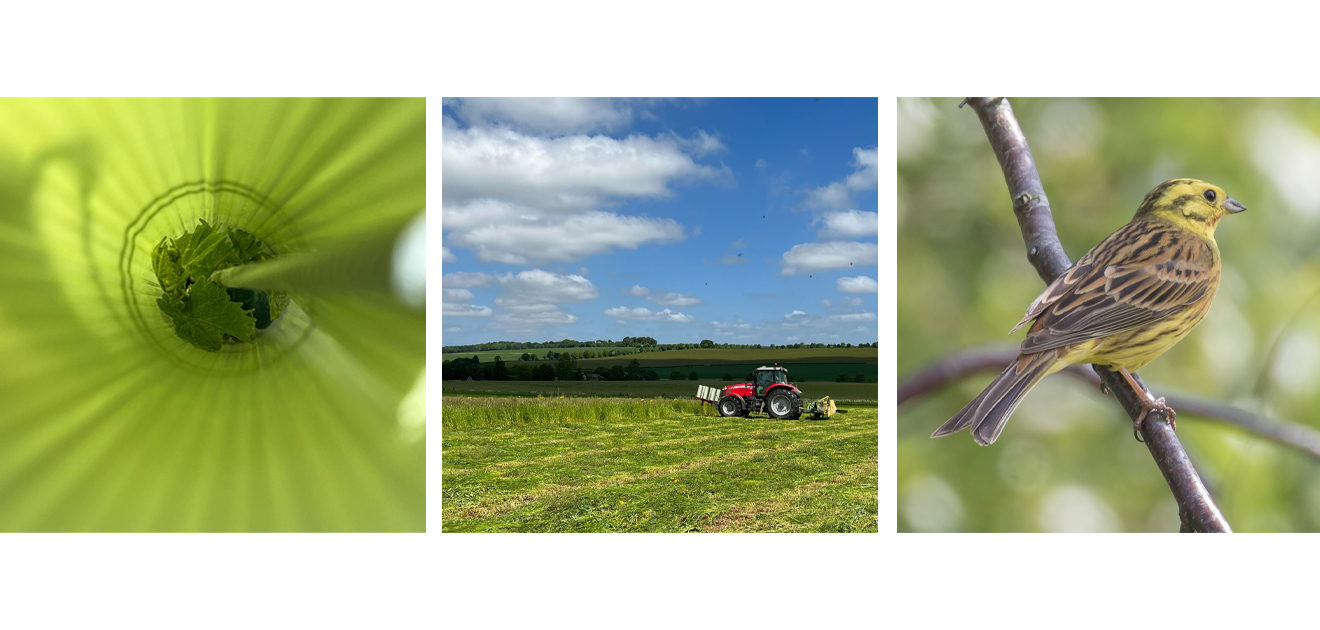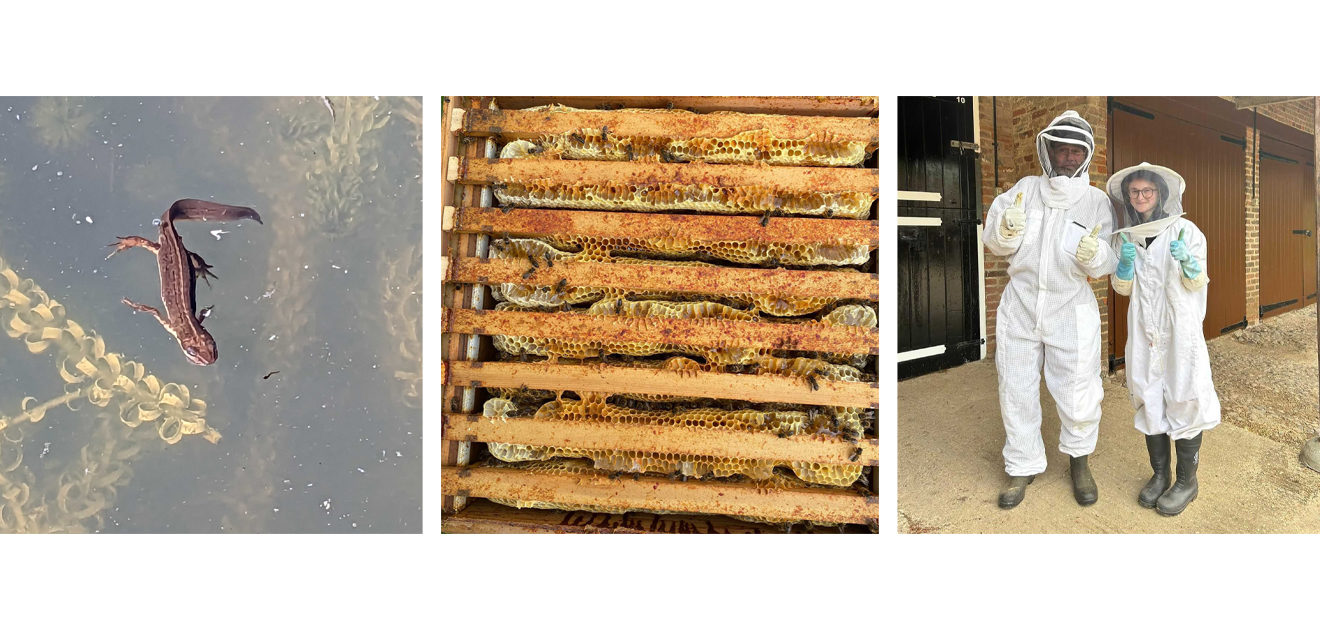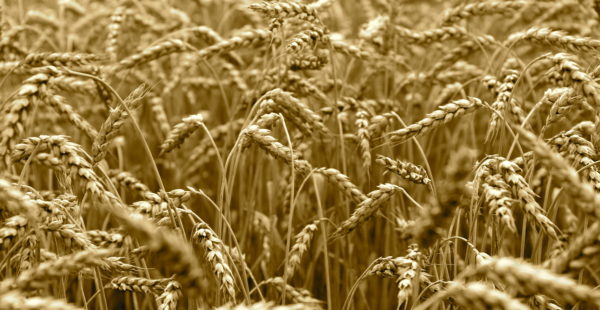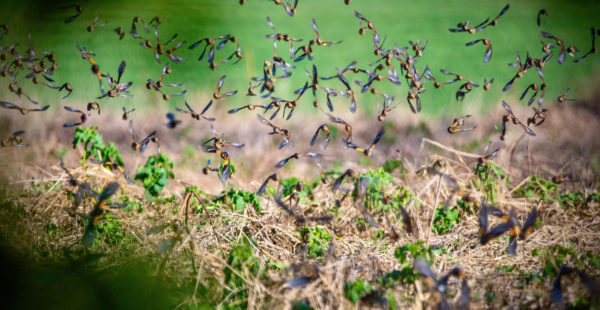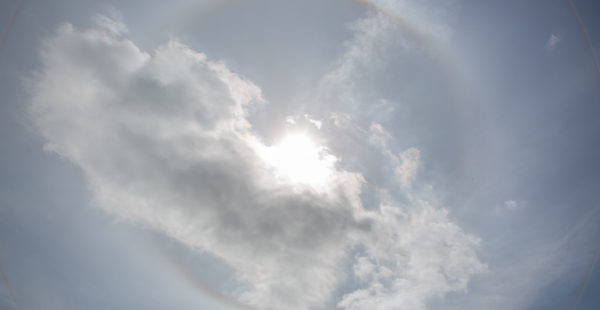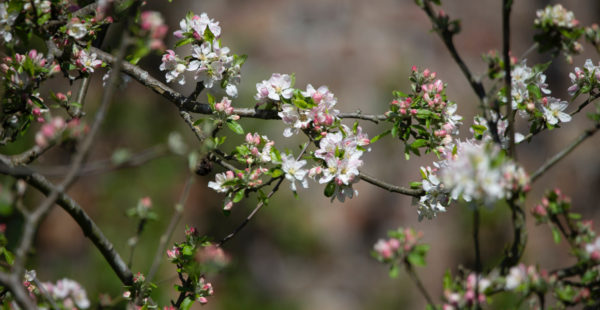A Week on the Estate: Rare Birds, Busy Bees & Smart Farming
Meteorological summer has made a gentle start. The Estate Open Weekend was blessed by warm, sunny weather, but temperatures have fallen a tad since then. The outlook for the first full week of summer is fine but dull, with plenty of overcast and temperatures in the 15C-7C range. Late spring gave us very little rain, but then again we’ve yet to see any truly hot weather so we’ll be careful what we wish for.
As stewards of 3,000 acres of the lovely Lincolnshire Wolds, we’re working hard to farm in a way that mitigates climate-change, boosts biodiversity and yields a range of high-quality food and drink. So far, 2023 has been an inspirational year across the board.
Out on our arable land, the grape vines planted by Vine-Works at the end of April are flourishing. We planted a range of grapes, including Chardonnay, Reichensteiner, Solaris, Seyval, Muscaris, Cabernet Cortis and Pinot Noir, and we hope to be bottling some tempting tipples in the not-too-distant future. Elsewhere, Rob and the team from Caudwell Produce have drilled vining peas in lovely, moist, organic-certified soil.
Our Lincoln Red herd and its new arrivals are enjoying their lush pastures having completed their first full year of living mostly outdoors. Simon has mown some of our long grass to be kept as winter forage for our Reds. Our herd eats only grass and conserved grass grown on our land, ensuring that our cattle operation is as sustainable as possible.

